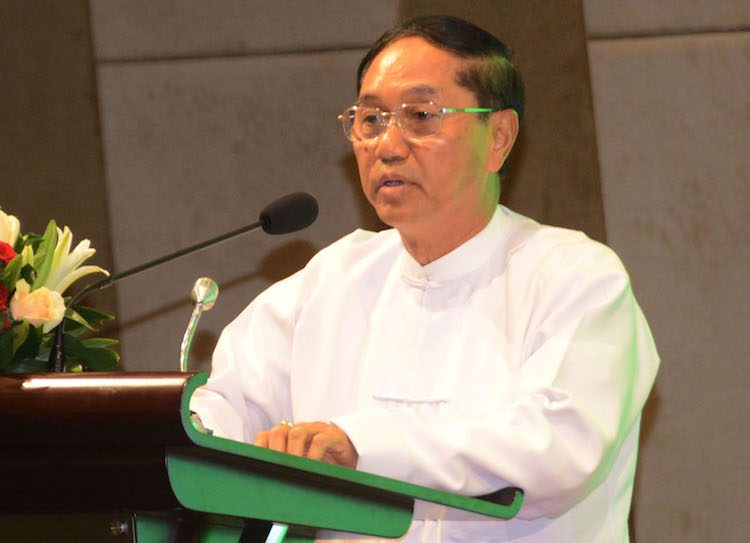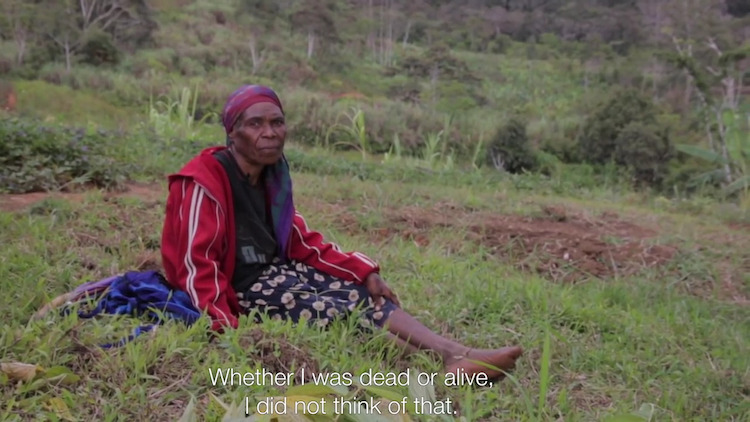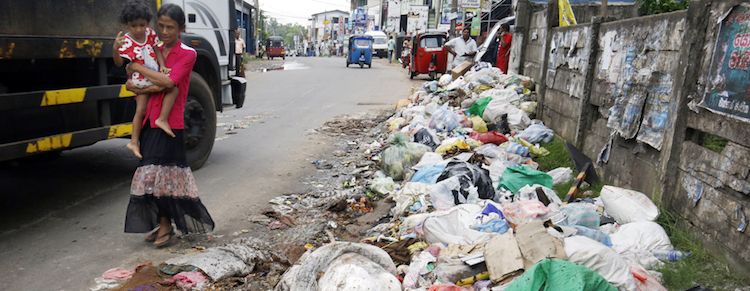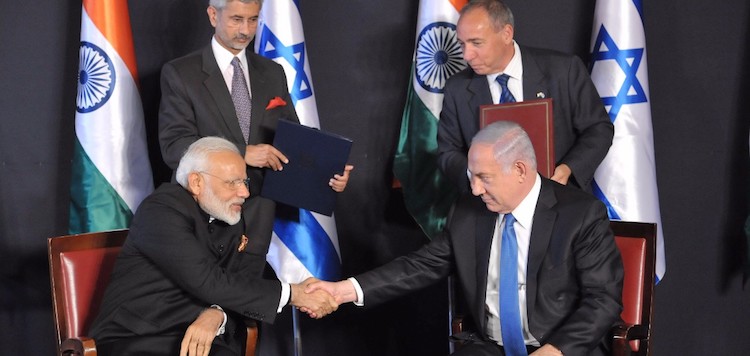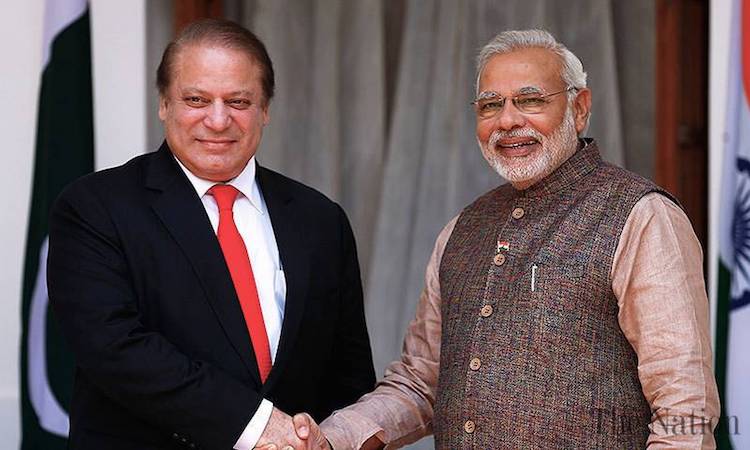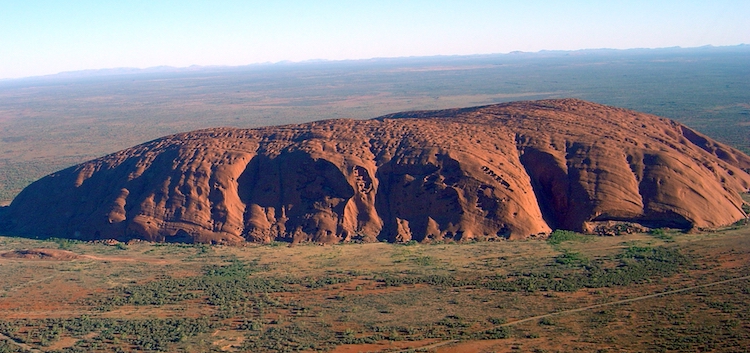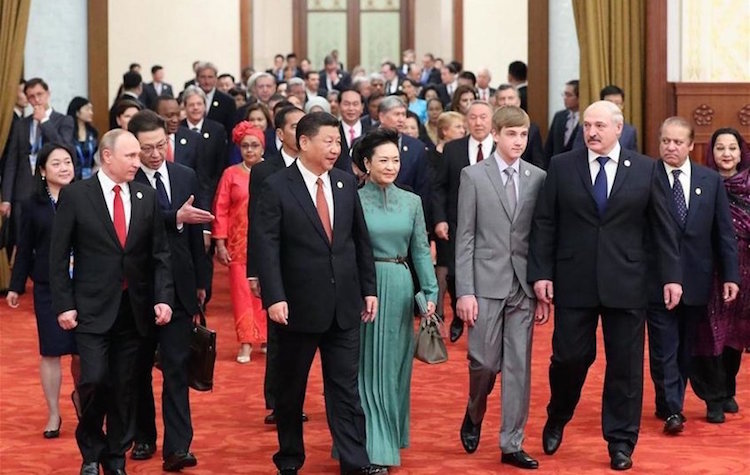By Kalinga Seneviratne
This article is the 17th in a series of joint productions of Lotus News Features and IDN-InDepthNews, flagship of the International Press Syndicate.
YANGON, Myanmar (IDN) – A Myanmar government commission that investigated allegations made by an international human rights organisation and the media about the country’s security forces abusing the human rights of Muslims known as Rohingyas in Rakhine State has found these allegations to be “unproven” and slammed its critics, including the United Nations, for carrying out an international “smear campaign” against the country.
The 13-member Investigative Commission on Maungtaw in Rakhine State headed by Vice-President U Myint Swe released its report at a press conference on August 6.

